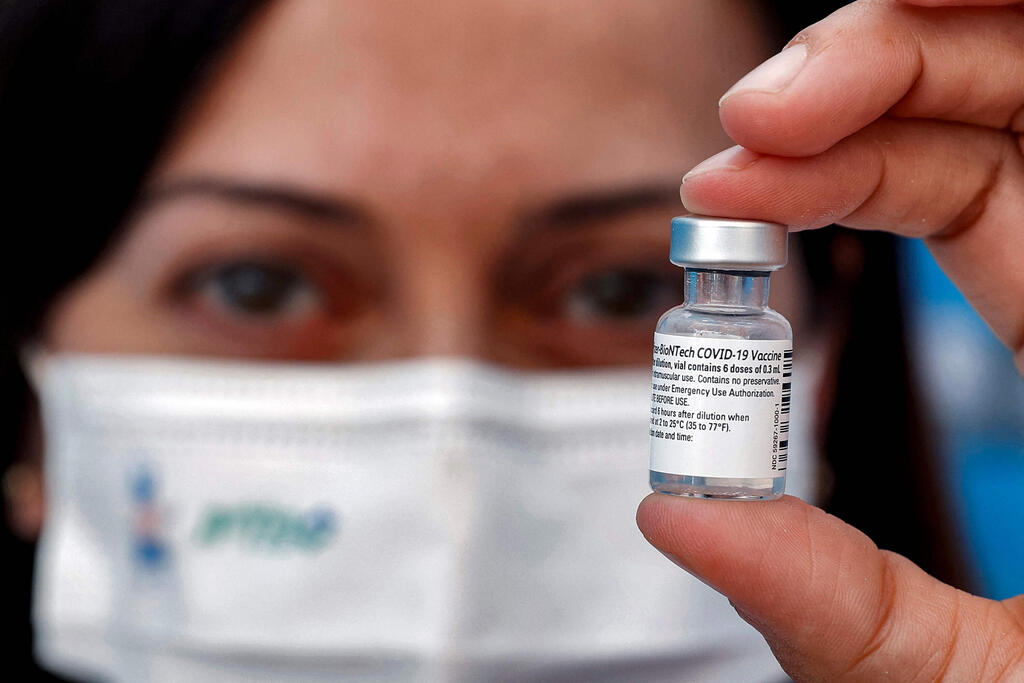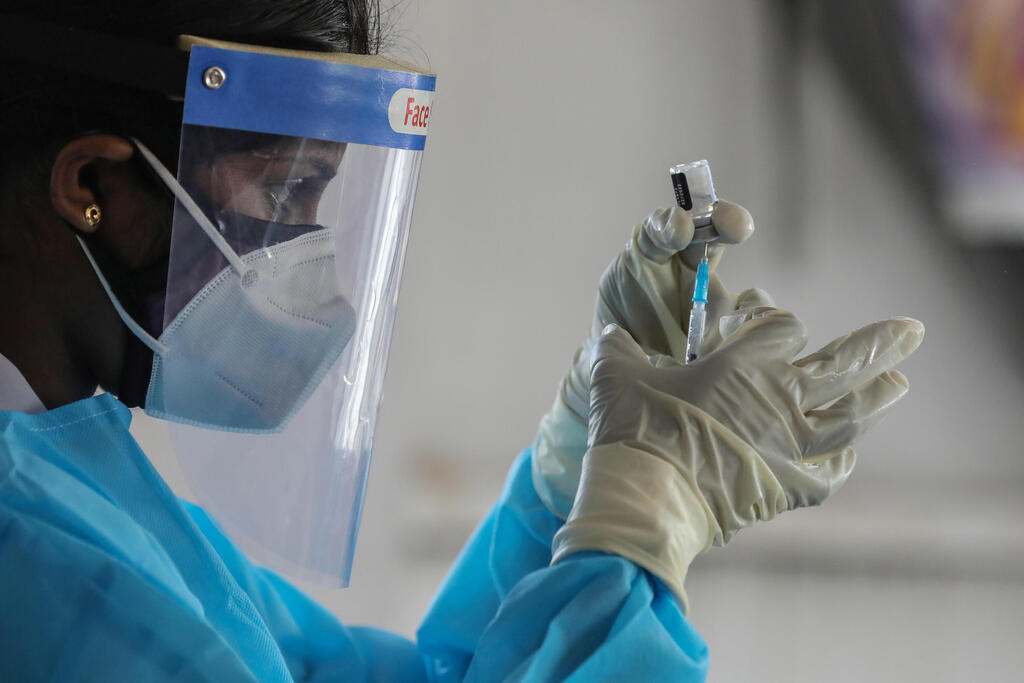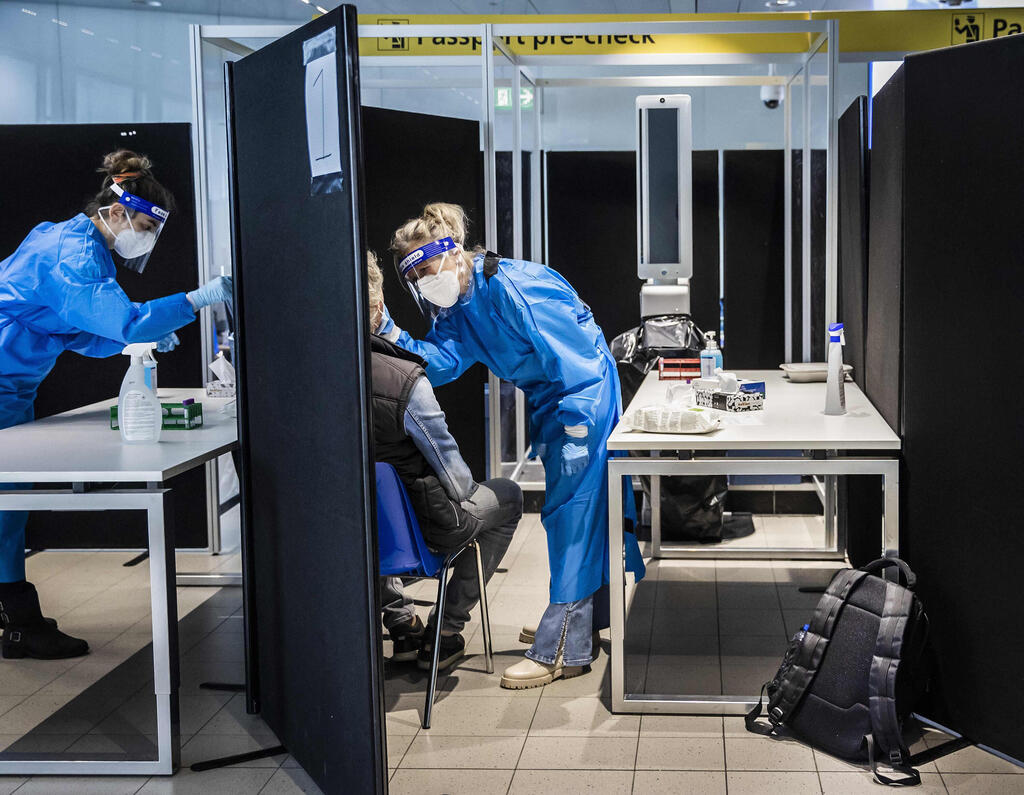Getting your Trinity Audio player ready...
Over the past few days, the chief directors of Moderna and Pfizer - the world's two biggest producers of coronavirus vaccines - have sent the world into a deep spiral of confusion.
Pfizer CEO Albert Bourla essentially said that the booster shot protects against serious illness, even when it comes to the new Omicron variant. Moderna CEO Stéphane Bancel, meanwhile, said that existing vaccines might not be as effective against the new strain.
We cannot tell who is telling the truth and neither can they.
We will need to thoroughly examine tens of thousands of infected, across various age and population groups in order to reach a concrete conclusion on the vaccines' efficacy against Omicron.
Various hypotheses have started to crop up in the media, leading to bombastic headlines that are based on mere assumptions. Logical as they may be, they are neither factual, nor based on concrete data.
All people have genuine difficulty dealing with uncertainty. But, after two years of battling this pandemic - characterized by constant unpredictability - we can show a certain level of patience.
The world still does not know how serious Omicron is, including whether it is more infectious than the Delta variant or how effective the existent vaccines are against it.
The Health Ministry's main laboratory is currently examining the new strain. Once it is analyzed to a sufficient level, we will likely know if the strain is able to break through the vaccine's protection barrier.
3 View gallery


A medic holds up a vial of the Pfizer-BioNTech COVID-19 coronavirus vaccine at a vaccination centre in northern Israel on August 19, 2021
(Photo: AFP )
The only data on the new variant we currently have comes from South Africa, where Omicron was first detected. According to the South African Health Ministry, the strain has caused infections to rise 30% faster than during the outbreak of the Delta variant.
But why did this happen?
Is it because it is more infectious, or is it because the strain is able to lower the vaccines' efficacy and the antibody levels for those who have recovered from the disease?
Experts say that Omicron is most likely "partially" damages the vaccine's protection. What does "partially" mean? Nobody knows.
It could mean that one in five or one in three people who have recovered from the disease could get re-infected.
For the time being, however, it seems that antibody levels of recovered COVID patients are enough to protect them from Omicron - compared to those who received the vaccine.
3 View gallery


A medical worker in Sri Lanka prepares a dose of Pfizer's coronavirus vaccine
(Photo: EPA)
In any case, coronavirus is a dangerous disease - not because of its lethality - but due to its ability to infect on a mass scale, putting a heavy burden on any country's health system.
This is why the main question to answer is how infectious Omicron is, while the rest of the concerns will follow later.
Despite all of these questions, vaccines are still our best chance against the virus.
That is why it is so saddening to see the low inoculation rates on the African continent, which are partly a result of the negligence of the West.
Vaccines would - at least in the short term - lower infections, and perhaps save us all another, even more potent strain in the future.
It is a pity the West has not yet learned that the pandemic is a global issue, and no one is safe until everyone is.


